Author: Lynda Benigno
In our life, no area seems more complicated than our relationship with others. Relationships of all kinds require effort. We try to adapt to others faults, moods, and preferences, and hopefully, others do the same. Healthy relationships comprise of mutual respect, empathy, compassion, and a general interest in the well being, growth and happiness of the other person. No matter your relationship to another person; parent to child, spouse to spouse or friendship, you should feel safe, loved, and accepted for who you are. In healthy relationships, disagreements and minor power struggles occur, with both parties willing and able to resolve them with open communication and compromise.
Toxic relationships are harmful to our well being, contributing to stress, anxiety, depression, and medical problems such as heart disease. A relationship that has inequality, selfishness, dominance, control, and destructive behavior patterns make you feel emotionally and mentally drained. You begin to avoid the other person or keep your time with them short. A toxic relationship may also consist of physical violence or substance abuse, and in this case, intervention is required, get help immediately.
It can be challenging to tell if a relationship is toxic because no relationship is perfect all of the time. Answering these questions can help you figure out if a relationship is toxic.
1. Does the other person insist on having things their way with little consideration of your feelings or needs?
2. When you spend time with the other person, do you feel drained instead of energized?
3. Do you trust the other person?
4. Is the other person always angry or hostile?
5. Does the other person always have unfolding drama or problems that they want you to engage in or help fix?
6. Does the other person always judge or criticize you?
7. Does the other person support your emotional and physical well being?
8. Do you change your opinions or needs based on what the other person wants to keep the peace?
9. Do you feel uncomfortable around the other person?
10. Are you unable to grow and learn in the presence of the other person?
11. Does being around the other person bring out the worst in you?
12. Do you find yourself going along with ideas or actions that are contrary to your ethical code of conduct?
13. Does the other person use guilt as a weapon such as appearing to support a decision and then remind you of how the decision inconvenienced them?
14. Does the other person have a short fuse and you avoid doing or saying anything that might set them off?
15. Does the other person insult you and then smile and say its a joke?
We humans have a fundamental need to connect and be close to each other. Having positive relationships is vital for our well being. If you recognize these traits in any of your relationships, you owe it to yourself to address them with the other person. If you are both looking for a way to improve your relationship, therapy can be an excellent first step. If the other party is not interested in discussing and changing the relationship dynamics, then separation from this person may be your only option. Continuing to expose yourself to an unhealthy relationship will cost you your mental and physical health and potentially breed ongoing conflict.
*Important Note: If you are in a relationship where there is physical violence and or substance abuse, only confront the other person if and when it is safe to do so. Seek out professional help from someone who has experience with domestic violence and or substance abuse. Confronting the other person alone may put your safety at risk. National Domestic Violence Hotline: 1-800-787-3224.
The opinions expressed in this article are of the author and not intended to diagnose, treat, or cure any physical or mental condition. If you are suffering, please contact your healthcare provider, the National Suicide Prevention Hotline at 1-800-273-8255 or the Stepping Stone Community Services at 330-577-4099.

